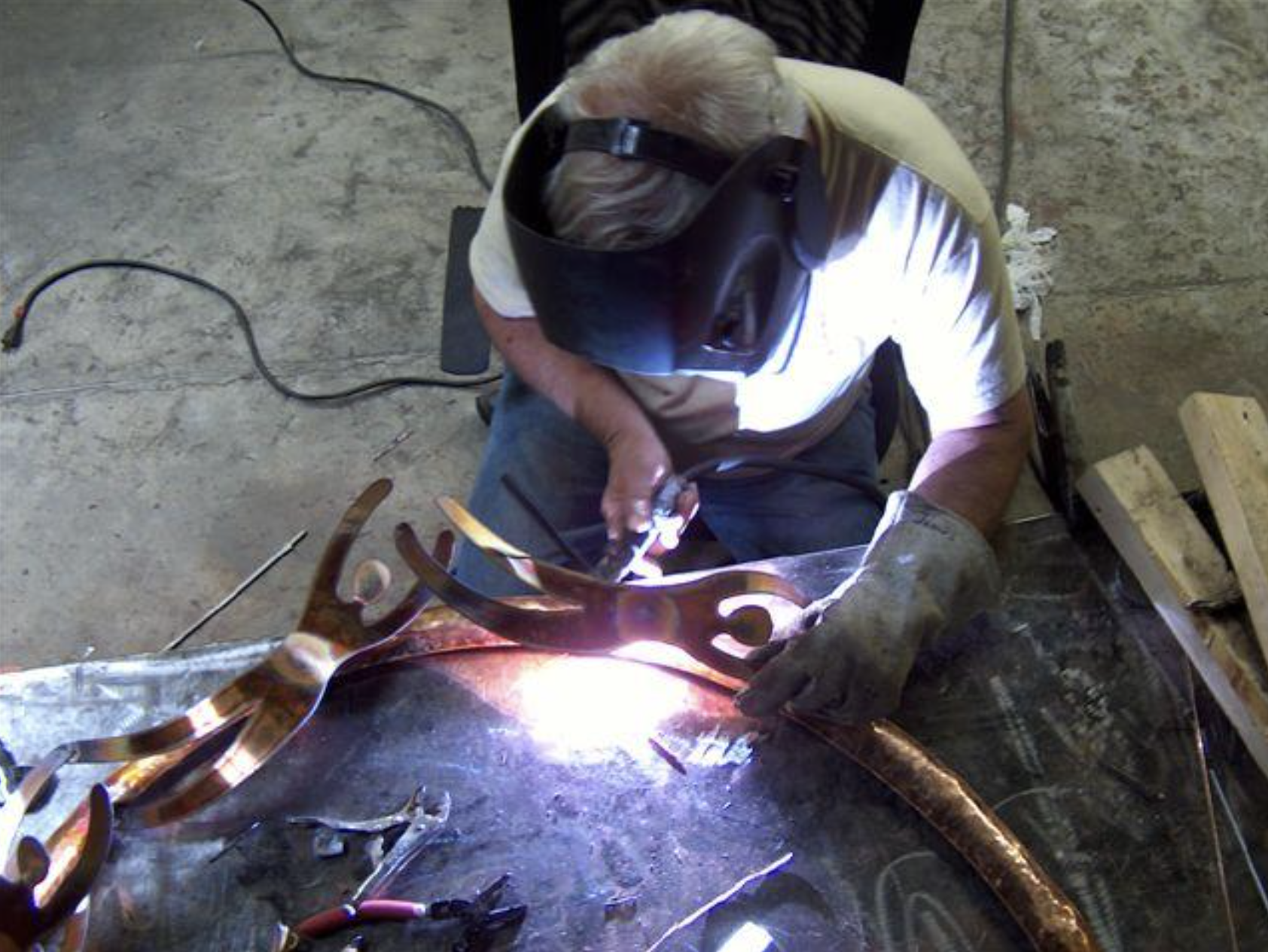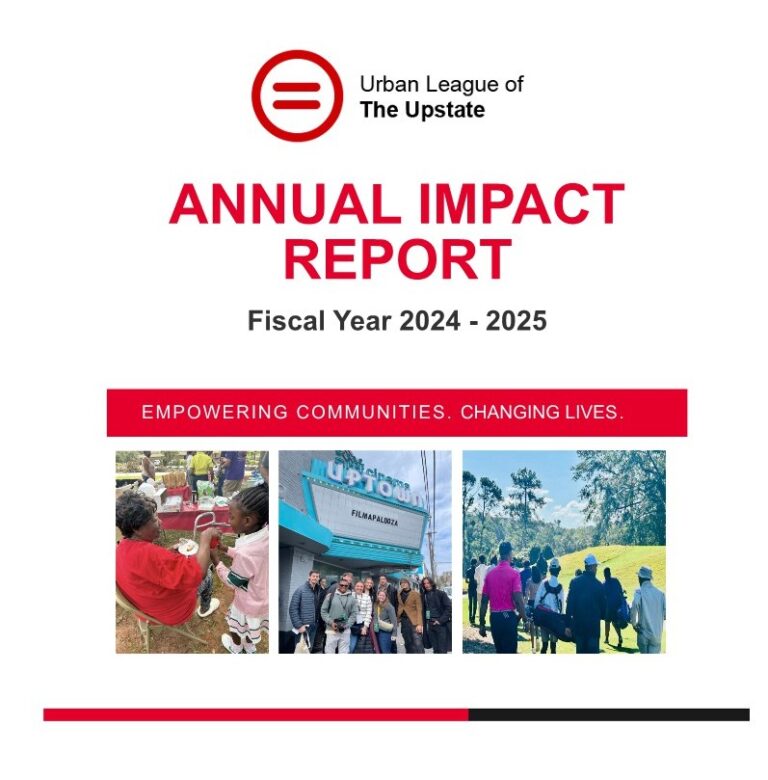The Implications and Realities of Racial Bias in Healthcare
In South Carolina, People of Color (BIPOC) comprise 36 percent of the state’s overall population, yet they represent less than 25 percent of the state’s licensed workforce (South Carolina Office for Healthcare Workforce).
Research shows that racial concordance can improve communication, trust, and adherence to medical advice.
What does this mean?
When more healthcare professionals look like patients, medical outcomes will likely improve. Implicit racial bias is real and one way to overcome it is to grow the medical population of BIPOC professionals.
At the McClaren Institute for Health & Quality of Life, we believe increasing diversity in the healthcare field is a key step toward ensuring equitable treatment for everyone. That’s why we have partnered with the Upstate Area Health Education Center to empower and nurture future healthcare leaders through the McClaren/AHEC Health Equity Scholars Program.
Understanding the Impact of Racial Bias in Healthcare
Racial bias in healthcare can manifest in various ways, from implicit biases that go unnoticed to more overt discriminatory practices. This difference in treatment depending on race can lead to worse health outcomes and even increased mortality rates among minority populations.
The COVID-19 pandemic highlighted these disparities, with people of color disproportionately affected by the virus. Discrimination can affect anyone’s access to healthcare professionals, diagnosis, and treatment—all vital when combatting a global pandemic.
Increasing the representation of BIPOC professionals in healthcare is critical for multiple reasons. First, it helps to ensure that healthcare providers better understand and empathize with the unique experiences and challenges faced by patients from diverse backgrounds. This can improve communication and build trust, leading to better patient outcomes.
Second, when young people see healthcare professionals who look like them, it can inspire them to pursue careers in medicine. This is why initiatives like the McClaren/AHEC partnership are so important.
The McClaren/AHEC partnership is one of our cornerstone initiatives designed to recruit and train individuals for careers in healthcare. This program offers comprehensive support, including academic guidance, clinical training, and job placement assistance.
Participants gain invaluable experience and mentorship, helping them navigate the challenges of the healthcare industry and develop the skills needed to excel. Our first cohort of McClaren/AHEC Health Equity Scholars launched in the spring of 2024 with ten area high school students participating.
We invite you to join us in this important work.
Whether you’re considering a career in healthcare or looking to support those who are, consider making a gift in support of the McClaren Institute today.
[/et_pb_text][/et_pb_column][/et_pb_row][/et_pb_section]





